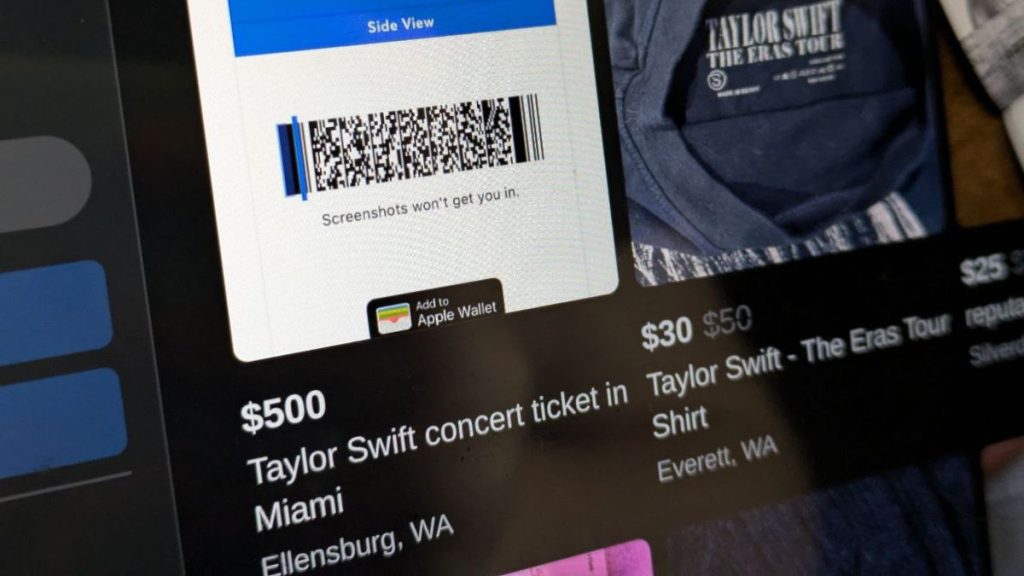
Photo Credit: Ashley King
Ticket reseller scams are a tale as old as time. Now a new report suggests social media is used to facilitate 90% of these ticket scams.
A Lloyds report focusing on analysis of scam reports made by its own customers discovered the Oasis Live ‘25 tickets are a favorite for scammers. Ticket fraud claims in the first month since the reunion tour was announced accounted for around 70% of all reported concert ticket scams since August 27. Lloyds reports that victims taken in by these scams on average lose £346 ($450)—though some victims report losses as high as £1,000 ($1,303).
The most likely age bracket to be targeted by ticket scammers on social media is aged 35-44 years old. That age bracket accounted for around around 31% of fraud reports. High-profile shows like Oasis, Taylor Swift, and the Adele residency are selling for thousands of dollars from Ticketmaster legitimately. So it’s no small wonder scammers target eager fans who may not know how modern ticketing works.
Ticket scammers trick fans into sending money for tickets via bank transfer to buy tickets that don’t exist. These scams will involve fake adverts, listings on social media, or tickets offered at discounted prices. Fraudsters also love to target sold-out events, since they can jack up the price without the victim getting cold feet.
Scam tickets are usually posted to social media in two waves. First when tickets are made available and again as the event date approaches. For fans looking to acquire concert tickets, you should keep these brief pointers in mind to avoid getting scammed.
Stick to trusted retailers—Only purchase tickets from the venue itself, Ticketmaster (or an authorized reseller). Do not purchase tickets from a third-party.
If It Seems Too Good To Be True, It Is—Ticket scammers love to prey on people seeking a good deal. Those $40 tickets with an obstructed view just posted on Facebook Marketplace are likely a scam. If the scam listing can net just 10 people interested in throwing $40 for fake tickets—scammers make $400.
Use a Secure Payment Method—Never pay for a concert ticket through a bank transfer, wire transfer, Western Union, MoneyGram. Only use a debit card or a credit card to pay. A credit card offers more protection than a debit card, since you can dispute the charge. Then your card’s issuing bank will deal with the matter.
“Frausters wasted no time in targeting loyal Oasis fans as they scrambled to pick up tickets for next year’s must-see reunion tour,” Liz Ziegler, Fraud Prevention Director for Lloyds told Digital Music News. “The fact that so many cases start with fake listings on social media, often in violation of the platforms’ own rules, underscores the importance of these companies taking stronger action to tackle scams.”
Ticket selling is in direct violation of the Facebook Marketplace commerce policy. Yet many scams are slipping through the cracks here and bilking loyal fans out of hard-earned money. Any seller who asks for a bank transfer payment (usually through social media) should set off alarm bells for any potential ticket purchaser.


Leave a Reply
You must be logged in to post a comment.